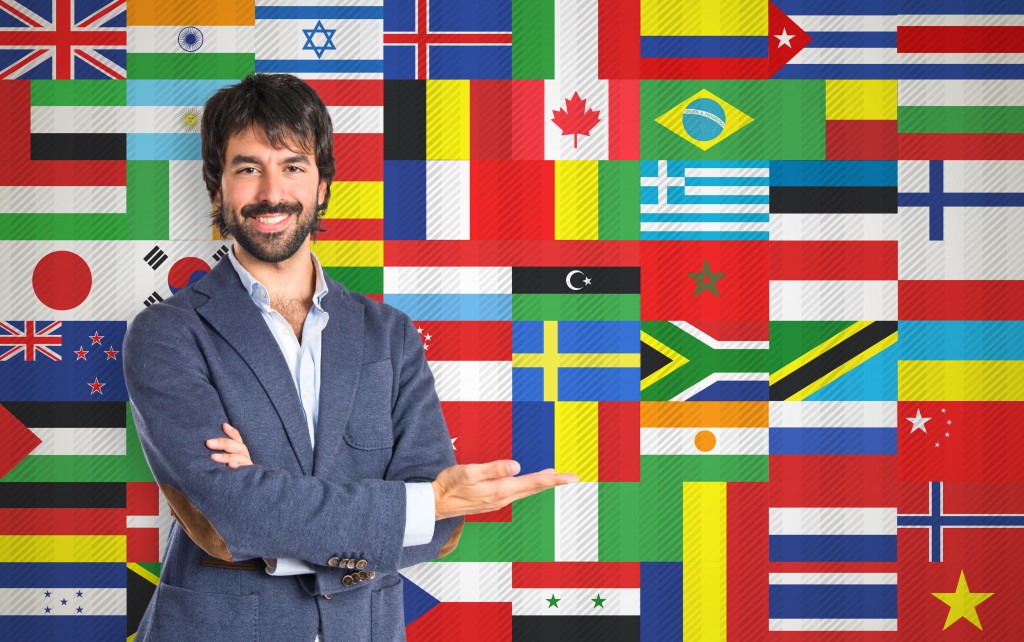The world does not revolve around us. It is made up of billions of people with different colors, beliefs, traditions, and languages. Acknowledging and respecting this diversity is the key for people from different cultures to live in harmony. However, racism and exclusion still exist. Many people still suffer injustices because of their skin color, the slant of their eyes, and the language that they speak.
Being culturally competent is to be able to understand and interact with people from different cultures. It is more than being tolerant of other people. By being culturally competent, you can create respectful relationships and partnerships with people from other cultures.
How do you become culturally competent? The best way would be to travel the world, meet new people, and experience first-hand different cultures. However, not everyone has the luxury to travel the world. The great news is, there are many ways to learn about other cultures without leaving your city. From visiting the library to exploring different cultures through music lessons, which can be your choice of a piano or a guitar lesson, here are some of the inexpensive ways to be more culturally competent.
Study your own culture.
You cannot appreciate the culture of other people if you do not know and understand your own. Explore your own beliefs, values, and biases. Explore your history and background. It may be a bit upsetting or distressing, but you will need to come into terms with them. They can affect how you may perceive and understand other cultures and beliefs. It is the only way that you will be able to come into terms with your biases and stereotypes, no matter how negative they may be. Self-awareness is the first step to be more empathetic and sensitive towards others.
Read books.
The library has many resources if you want to learn about other cultures. If you are more of a fiction reader, you can choose novels with culturally diverse characters. Reading books is a cheap way to explore other traditions and cultures. It can transport you to different times and places. Books give you a glimpse into the lives, thoughts, and struggles of other people from other parts of the world.
Watch non-feature films and TV shows.
Watching documentaries about other nations’ cultures is an enjoyable way to learn more about different traditions, cultures, and religions from your couch, or even your bed. Popular movies that reflect the diversity of cultures are just as effective. Both media can stimulate the brain and introduce the viewers to multicultural ideas and concepts.
Interact with multicultural groups.

Join organizations in your community that have a diverse group of members. If you are in college, look for student organizations that aim to connect students with the same or different ethnic backgrounds. Do you love watching Japanese animations? There might be an Anime Club on your campus. There may be organizations that are open to all students to promote cultural sensitivity and awareness. You can also join Model UN, a simulation of the UN General Assembly, and other UN bodies. When you join Model UN, you take the role of a UN ambassador, and you discuss global issues with the other delegates.
Appreciate other cultures through music and the arts.
Expand your cultural appreciation through music. Take piano or guitar lessons, or any instrument you fancy. You can explore other cultures by playing music from different ethnicities. The music reflects the soul of the composer, and through it, you can have an intimate experience of his thoughts and struggles. You can also study the different musical instruments that are native to certain ethnicities.
Studying different forms of art gives you an insight into the culture, beliefs, politics, and traditions of a people. It is also a fun way to compare your perspectives, based on your upbringing and culture, to the actual meaning that the artist intended for the art.
Intern in a culturally diverse company or organization.
There are internship programs that aim to give students to have hands-on experience and actual collaboration with multicultural staff and interns. These programs focus on providing interns with opportunities to learn about the history and traditions of other cultures and ethnicities. Check with your school if they have any affiliations with multicultural organizations so you can get the cultural immersion that you wish to experience.
It’s also an excellent opportunity to make friends with people of the same age but from different cultural backgrounds.
For you to be culturally competent, it is not enough to be aware of the existing cultural differences and to be tolerant of the people who are different from you. It involves respecting these differences and valuing the traditions and beliefs of each individual.

